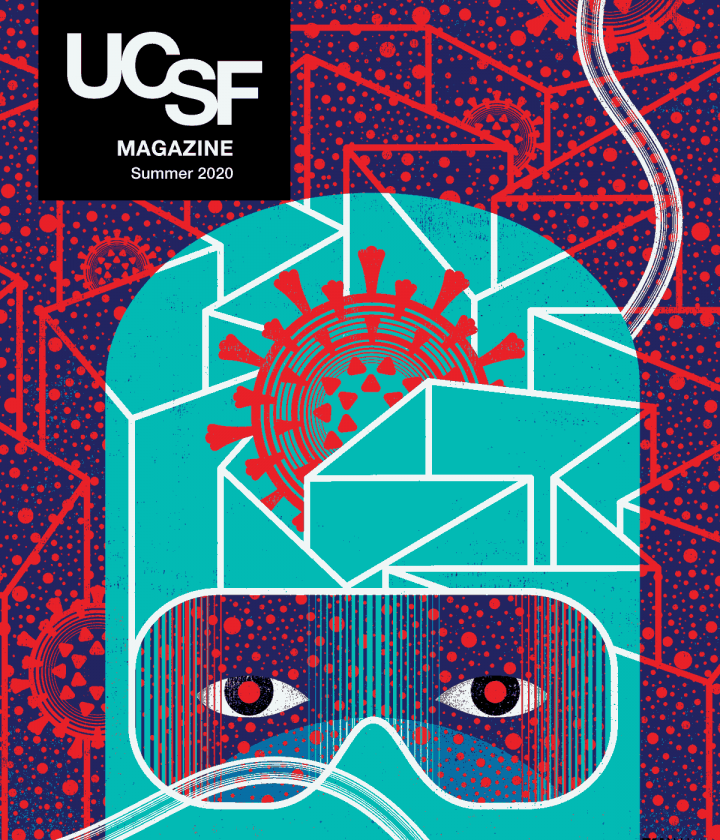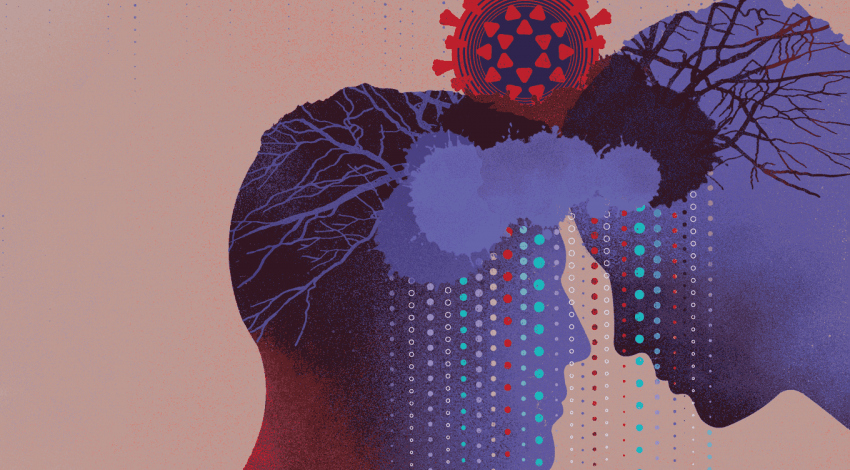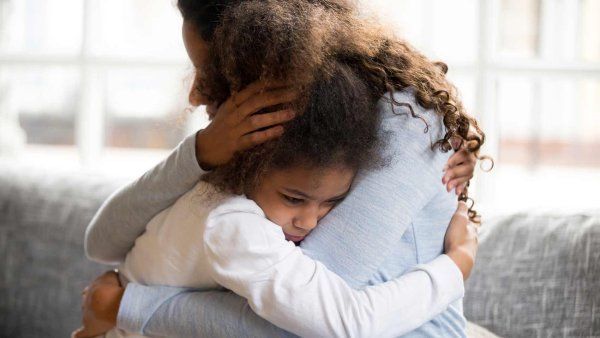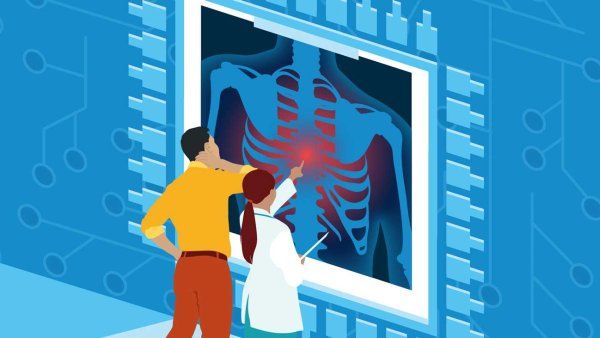
A Crisis-on-Top-of-a-Crisis: Homelessness in the Time of COVID-19
Q&A with Margot Kushel, national expert on homelessness
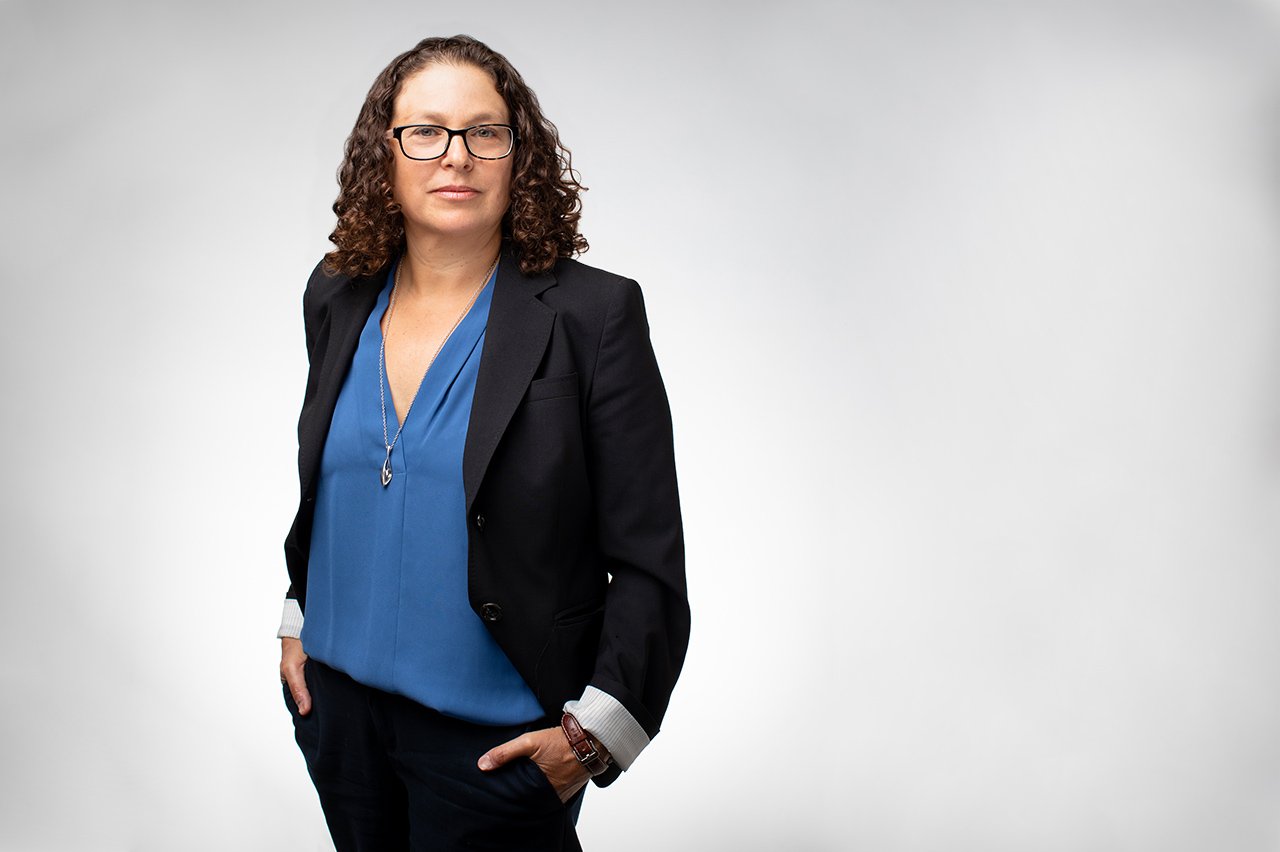
Margot Kushel also leads UCSF’s Center for Vulnerable Populations. Photo: Elena Zhukova
For nearly 25 years, Margot Kushel, MD, has cared for people who are homeless. She realized early on that the most important thing for her patients’ health was housing. Now a preeminent U.S. expert on homelessness and director of UCSF’s new Benioff Homelessness and Housing Initiative, Kushel delves into what the COVID-19 crisis reveals about housing and health.
You’ve called this pandemic your worst nightmare. Why?
I have heard people say “viruses are the great equalizer.” That’s a total fantasy.
People who are homeless are disproportionately older and sicker. Many have underlying conditions – such as lung disease and diabetes – that set them up for disastrous outcomes. Add a highly communicable disease that spreads through a respiratory mode to a population living in crowded conditions with poor access to basic hygiene, and you have a nightmare scenario.
When did you first foresee big trouble for people who are homeless, and how are they faring now?
It was obvious to me as soon as we started to see the reports out of China. We live in a connected world, where a highly transmissible, highly infectious disease can spread rapidly around the globe. I knew that homelessness was a potential tinderbox because even without a pandemic, it’s impossible to stay healthy when you are homeless. At one San Francisco shelter, for example, there was an outbreak where two-thirds of occupants and several staff tested positive even though most were asymptomatic.
The situation today is heartbreaking. People are terrified. They are wondering, “Am I going to catch this? Am I going to die out here?” We have a study cohort of older, homeless adults in Oakland who we’ve been following for years, and we’re worried about them. We don’t know how some of them are doing because we’re not allowed to do study visits in person during the COVID-19 outbreak, per UCSF policy.
Our humanity has always been wrapped up in other people’s humanities. Something like a pandemic makes it clear that for a society to be healthy, we need to attend to the health needs of everyone.”
The COVID-19 pandemic is laying bare some ugly societal problems. Can you talk about that?
Two things are strikingly obvious. One is that many of the people who need to keep working are the very same people who are at risk for homelessness; are living in overcrowded houses; or, in many cases, are experiencing homelessness. They can’t just Zoom into their jobs; they perform essential work: restaurant work, cleaning, and transit. They can’t afford to get sick, and yet they are some of the least protected and lowest-paid workers.
Another is the insidious effect that racism has on health. COVID-19 is exacting a devastating toll on Black Americans, on Indigenous Americans, and on Latinx populations. These are the same people who are exquisitely vulnerable to becoming homeless, nearly homeless, or living in severely overcrowded housing.
Can you elaborate?
Say you live in a house you were able to buy in a suburb because two generations ago your family was allowed to live in the suburbs because they are white. You’ve had access to high-quality education your whole life, and as a result you have a job you can Zoom into during the pandemic so you can continue to get paid. Or you have money so that you can shelter in place.
You’re going to be infinitely more protected from a pandemic than someone working a low-paid, frontline job while living four to a bedroom and sharing a bathroom with 10 people. Or someone who’s living outside or in a homeless shelter.
Viruses are not racist, but viruses operate within societal conditions. We have built structures based on inequities, racism, and injustices. This has left communities of color exposed to acquiring and getting sick from this virus.
What did you do when you heard about the shelter-in-place order?
You can’t shelter at home if you don’t have a home. That’s why I and others pushed really early for an aggressive response that included resources like hotel rooms to provide sanctuary and the ability to self-isolate. I wrote the initial guidance for the state of California that informed Project Roomkey – an effort to house people at highest risk of serious complications from COVID-19 in hotels, with state and federal support.
Housing people in hotels sounds complicated. What are some of the challenges?
It’s challenging from the standpoint of logistics, costs, and, for some, philosophical differences.
Logistically, coordination is needed between multiple government agencies and community-based organizations to rent the hotels, provide medical services and staffing, and to do cleaning and laundry. It’s complicated, and how the model is implemented differs across the state.
The costs to lease hotels are negotiated by counties or by the state and are paid for with federal, state, and city funds. This may include Federal Emergency Management Agency reimbursements and federal stimulus funds, as well as payments from city funds.
Moving people into housing quickly requires that we dig deep into the principles that we know are effective for getting and keeping people housed. This “housing-first” philosophy means recognizing that many people who are homeless have experienced immense trauma. We need to treat them with dignity and respect and make arrangements to meet their needs, whether those are medical or related to substance use or mental health problems.
What happens if we keep the status quo?
Look, our humanity has always been wrapped up in other people’s humanity. That has always been true. It is just more evident now. Something like a pandemic makes it clear that for a society to be healthy, we need to attend to the health needs of everyone.
But the story of San Francisco has been the tale of two cities. Overall, San Francisco has done remarkably well due to the incredible efforts of our public health officers and of our mayor, London Breed. The decision to shut down the Bay Area early in the pandemic is going to be heralded as one of the great public health triumphs of our lifetime.
However, we can’t ignore the fact that despite a low overall number of COVID-19 cases, some members of our city have suffered disproportionately, such as the Latinx community and people experiencing homelessness. In order to safely open up our cities and get people back to work, we must attend to the needs of those most vulnerable to becoming infected by and sick from this virus. These are the same populations experiencing the most stress, poverty, and racism. They are part of our communities.
In what ways is UCSF making a difference in this crisis-on-top-of-a-crisis?
Many UCSF people are doing heroic work on the front lines, such as Elizabeth Imbert, a physician at Zuckerberg San Francisco General who is working directly with the Department of Public Health to keep people who are homeless safe during the pandemic. I’ve provided advice to those in the San Francisco Department of Public Health and other city agencies on best practices. I worked with the State Emergency Operations Center pretty early in the pandemic on a strategy for California. The policies we created were then pushed out across the country through agencies such as the U.S. Department of Housing and Urban Development. There has been an incredible spirit of sharing and learning.
What lasting results do you hope for at the end of the pandemic?
Recognition that the solutions to homelessness will require massive commitment from our government, starting with our federal government. All levels of government need to acknowledge homelessness as an existential threat to health. As important as health care, at this point, is ensuring that people have a good place to live.
We actually know what it will take to solve homelessness for most people: living wages and affordable housing. For people with complex, behavioral needs, it will take subsidized housing partnered with services for mental health, substance-abuse, and other issues offered on a voluntary basis. But these solutions require a lot of funding, so we’re going to have to make monetary sacrifices.
I am hopeful that we can take this opportunity to reevaluate our priorities and create a more equitable and, therefore, more healthy society.
What role can health care professionals play?
Educate the public, hold our elected officials’ feet to the fire, and lean into evidence-based practices to explain that housing is the best medicine.
As we launch the Benioff Homelessness and Housing Initiative, the need for expertise on the overlap between homelessness, housing, and health has never been more obvious. Having a centralized place where we can both develop and translate evidence into recommendations and policies is crucial. We aim to create a healthier world by doing our best to end the homelessness crisis once and for all.
Margot Kushel is also a resident alumna, a professor of medicine, and the director of the UCSF Center for Vulnerable Populations. She recently received a UCSF Founders Day Award for her work addressing health disparities.
